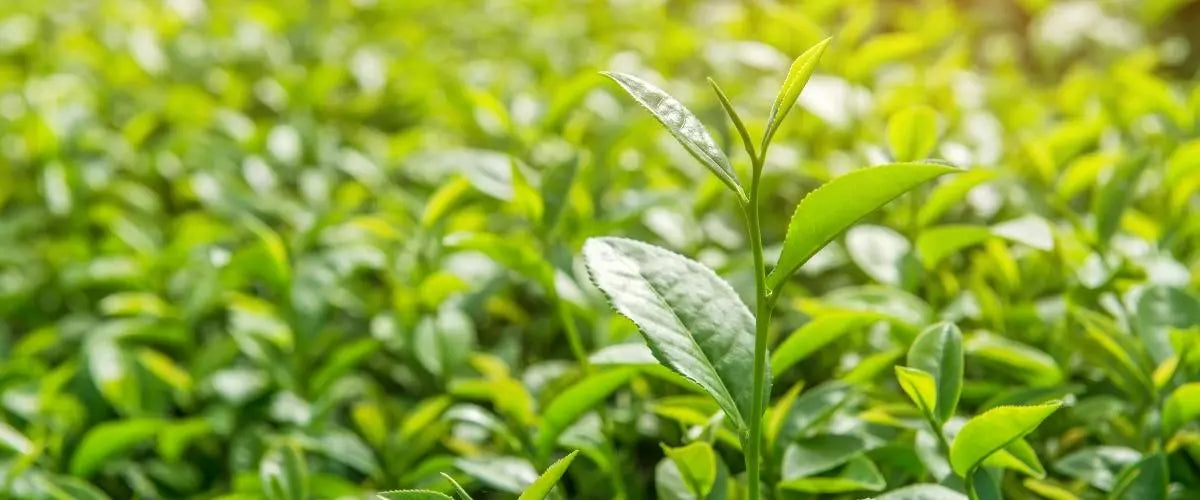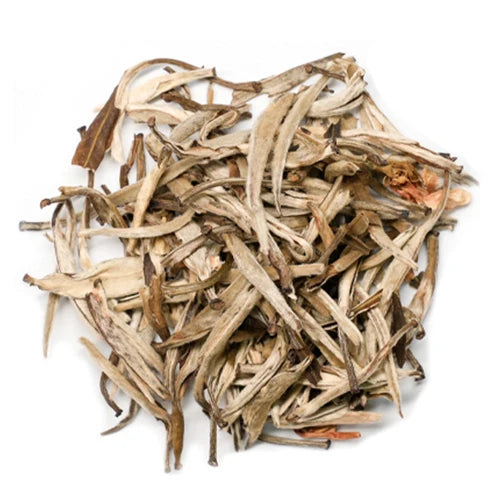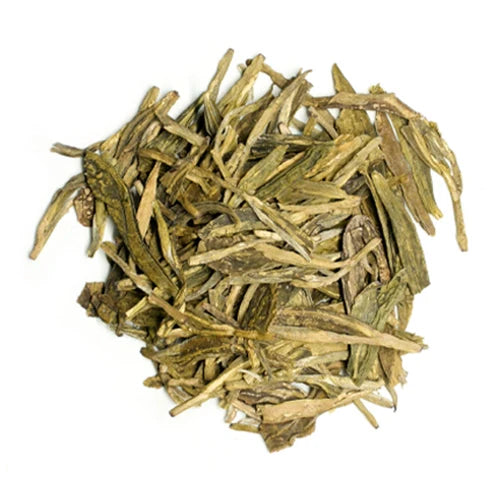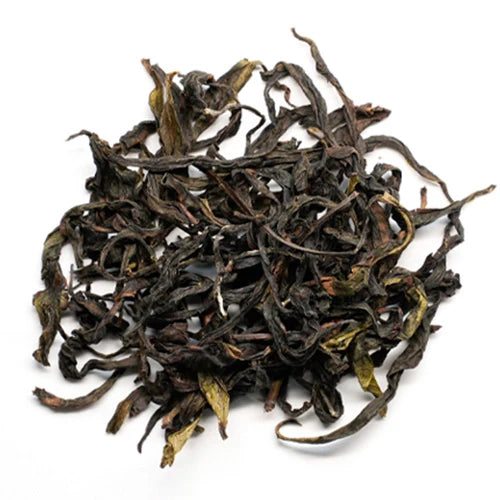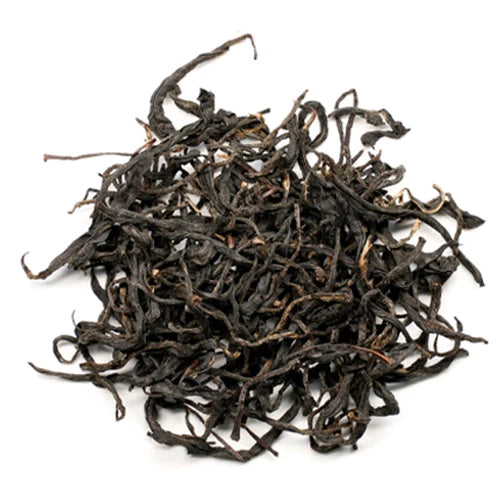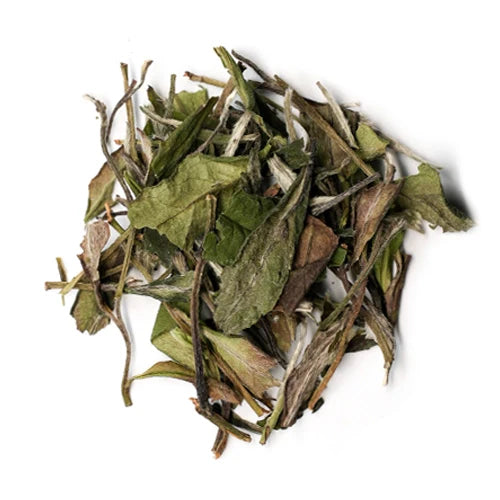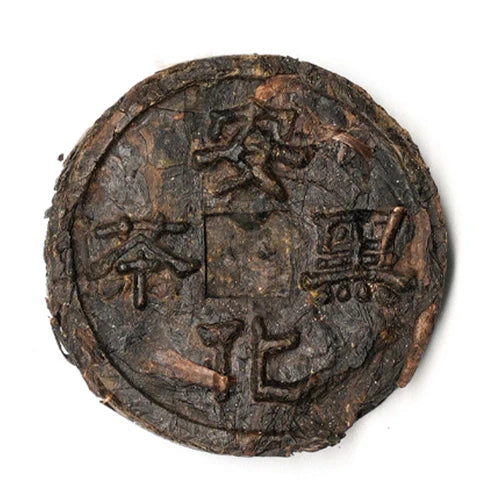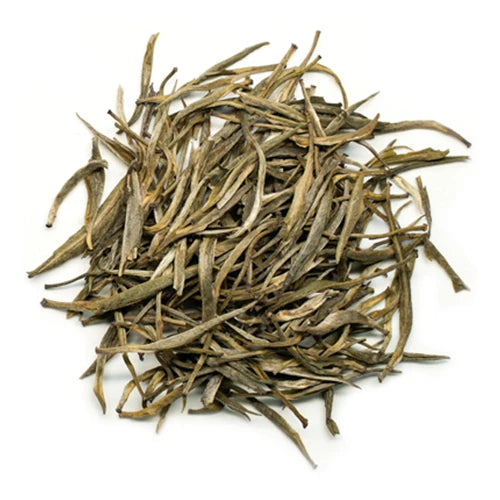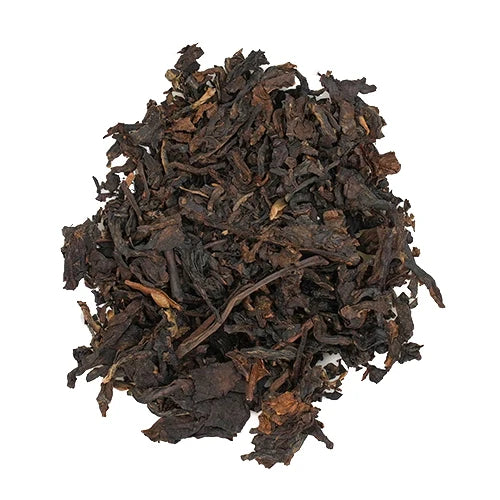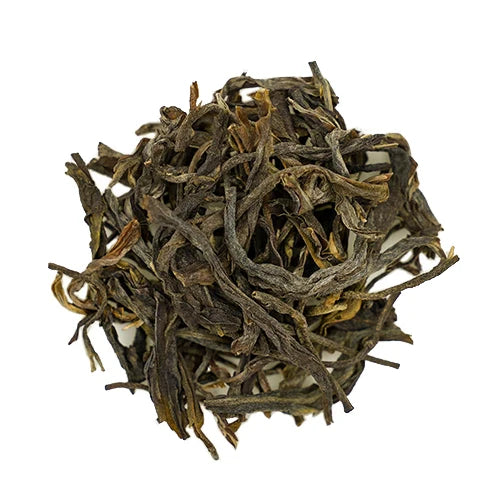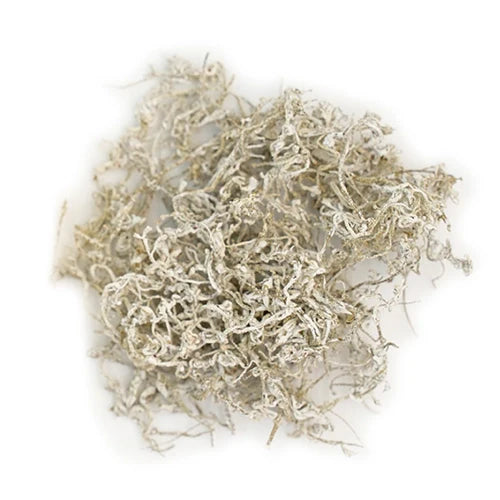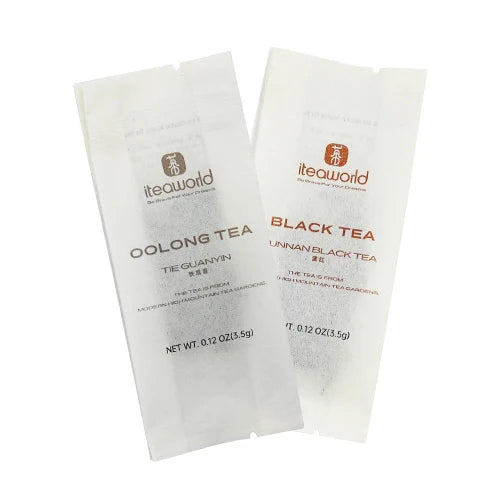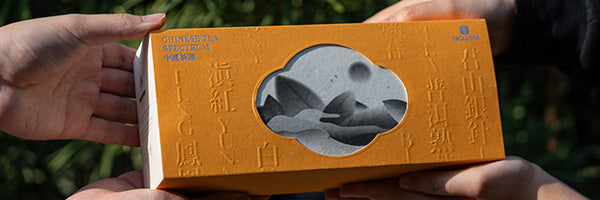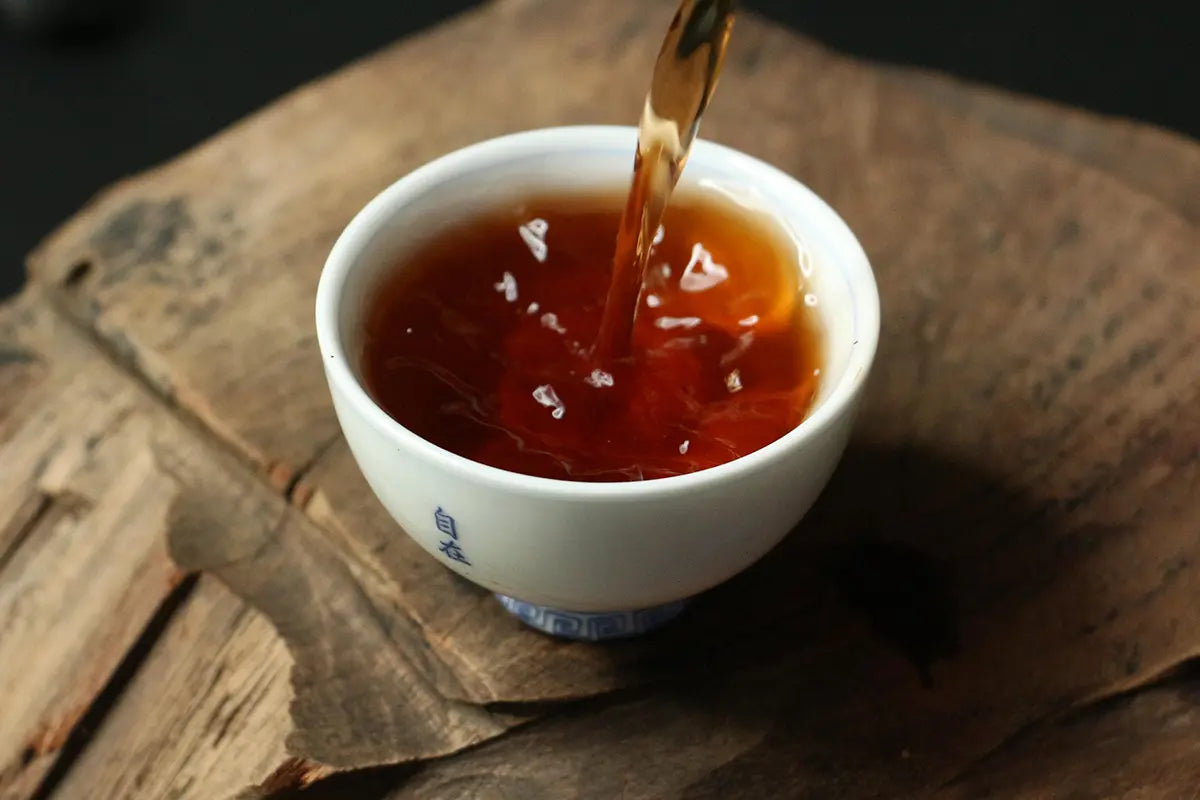Cardiovascular health refers to the well-being of the heart and blood vessels, and it is crucial for our overall health. The cardiovascular system is responsible for delivering oxygen and nutrients to all the body's tissues and organs while removing waste and carbon dioxide. Therefore, maintaining cardiovascular health is essential for normal bodily function and preventing many chronic diseases.
Regular consumption of black tea has several significant benefits for cardiovascular health. Why is this the case? Let's explore two substances in black tea that are beneficial for cardiovascular health: flavonoids and theaflavins.
Flavonoids

Flavonoids are found in various dietary sources, but some foods contain particularly high levels of flavonoids, such as loose leaf black tea, loose leaf green tea, apples, strawberries, raisins, and dark chocolate. Among these, black tea is known for its relatively high flavonoid content.
A study conducted at Boston University found that the flavonoids in black tea can improve blood vessel dilation, offering hope to individuals with heart disease. In this study, researchers examined 50 heart disease patients, both male and female, with an average age of 55. Most of these patients had undergone surgery or interventional procedures due to coronary artery blockages and were receiving medication during the study, with relatively stable conditions.
The study participants were divided into two groups. One group drank four cups of black tea daily for four weeks, while the other group consumed an equivalent amount of plain water. After four weeks, the two groups swapped, and after eight weeks, all 50 patients participated in a comparison test between black tea and water consumption. The results revealed a significant improvement in blood vessel dilation, approximately a 10% increase, after daily consumption of black tea. While this improvement didn't match the 13% increase observed in normal blood vessels after stimulation, it was still an encouraging outcome for individuals with heart disease.
The researchers in this study pointed out that this improvement is primarily due to the excellent antioxidant properties of flavonoids found in black tea. They can reduce the oxidation of low-density lipoprotein cholesterol, preventing its deposition on the vessel walls and the formation of arterial plaques. This also helps alleviate inflammation within the artery walls, improving vascular function. Additionally, the antioxidant nature of flavonoids helps combat the damage caused by free radicals, which are implicated in many diseases, including cardiovascular diseases.
If you want to try black tea that may help improve cardiovascular health, it is recommended to purchase loose leaf black tea. Loose-leaf tea generally offers better quality compared to tea bags. To find the best loose leaf tea, consider factors like the tea's origin, production time, and processing techniques, and compare various options before making a purchase.
Theaflavins

Theaflavins are essential components that contribute to the fresh flavor and bright color of black tea. They refer to the orange-yellow substances present in the infusion of black tea, resulting from the oxidation of polyphenols and their derivatives. Theaflavins play a decisive role in determining the color, aroma, taste, and overall quality of black tea. They are the primary components that make the tea infusion "bright" and are crucial for flavor intensity and freshness. Additionally, theaflavins are responsible for forming the "golden ring" in the tea infusion. Theaflavins, with their multifaceted health benefits, are often referred to as the "soft gold" of tea for human health.
Numerous scholars have observed the effects of theaflavins on the lipid levels of patients with coronary heart disease, atherosclerosis, hyperlipidemia, and hypertension. These studies have confirmed the role of theaflavins in regulating lipid levels.
Both basic research and clinical trials have demonstrated that theaflavins have significant effects on anticoagulation, fibrinolysis promotion, inhibition of platelet adhesion and aggregation, and a significant reduction in triglycerides (TG) and low-density lipoprotein cholesterol (LDL) levels in the serum of hyperlipidemic animals. They also increase high-density lipoprotein cholesterol (HDL). This is achieved by improving red blood cell deformability, adjusting red blood cell aggregation, and platelet adhesion and aggregation, reducing plasma viscosity, improving microcirculation, ensuring the supply of blood and oxygen to tissues, enhancing overall immune function and tissue metabolism, ultimately achieving the goal of preventing and treating diseases. Furthermore, theaflavins have a significant inhibitory effect on angiotensin-converting enzyme, leading to effective blood pressure reduction.
One well-known variety of black tea with a high catechin content is Yunnan Black Tea (Dianhong). High-quality Yunnan Black Tea exhibits a bright and reddish infusion color with a prominent "golden ring." iTeaworld offers a Yunnan Black Tea from the core production area of Fengqing County that is well worth trying.
Other Foods Recommended for Cardiovascular Health
1.Black Fungus (Auricularia auricula)
Black fungus can help lower blood lipids, cholesterol, and triglycerides. It has long been associated with heart-healthy effects. You can add sliced black fungus to dishes or consume it as a beverage to help prevent cardiovascular diseases and thrombosis.
2.Nuts
Nuts like cashews, walnuts, and almonds contain unsaturated fatty acids. Research shows that consuming 50-100 grams of almonds daily (approximately 40-80 almonds) does not lead to weight gain and can help maintain body weight, control cholesterol, and significantly reduce the risk of chronic diseases, especially in middle-aged and elderly individuals.
3.Deep-Sea Fish
Deep-sea fish are rich in omega-3 fatty acids, which lower the risk of cardiovascular diseases and effectively reduce blood pressure while expanding blood vessels. Consuming palm-sized portions of deep-sea fish like tuna, salmon, and mackerel at least four times a week can help prevent strokes. However, omega-3 fatty acids should not be subjected to high-temperature cooking methods; steaming or boiling is the healthiest way to prepare them.
4.Oats
Oats are rich in omega-3 fatty acids, folic acid, and potassium. They are often called the "cleaner of the cardiovascular system." Research has shown that oats can lower cholesterol and provide a sense of fullness. Whether you're looking to lose weight or reduce fat, incorporating oats into your diet can promote health.
In addition to theaflavins, black tea contains various other beneficial substances, including tea polyphenols, caffeine, and more, which also contribute to cardiovascular health. With a wide variety of black teas available, it's a good idea to explore and find your preferred type of black tea, making it a part of your daily routine to better support your cardiovascular health.





